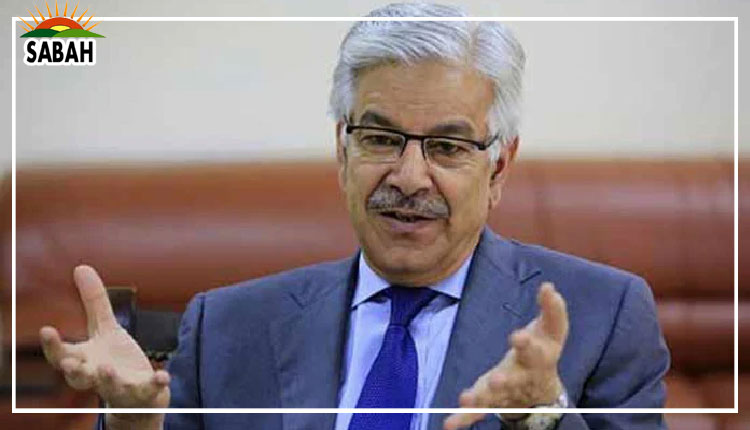The contempt laws… Ali Hassan Bangwar
In democratic societies, people and institutions entrusted with managing social affairs are expected to serve the public in the best possible manner. However, in many societies, these institutions often fail to do so. Instead, they use their authority to pursue their own selfish interests. The original authority entrusted to them by the public is frequently exceeded and transformed into unchecked power. This power is then used to serve their vested interests and, most times, against the very public that granted them their authority.
The publics assent and trust, even if misguided or manipulated, are often used to concentrate more power and resources. These self-serving norms and practices gradually become internalised, customised, and institutionalised in the name of the peoples interests. This institutionalisation not only allows those in power and the institutions they represent to serve their vested interests without challenge, but also enables them to persecute those who dare question or dispute their actions. To achieve this, carefully crafted laws are often promulgated that veneer their existence and actions with sanctity.
While a contempt law may not be bad for an institution that functions efficiently and achieves its objectives, insistence on such laws often strengthens authoritarian tendencies and enables them to evade their responsibilities towards the subjects. In other words, preventing the questioning of an institutions actions and policies not only reveals ill intentions, but also appears to be an attempt to avoid the responsibilities enshrined in the law.
The concept of respect for the people and institutional sanctity stems from the responsibilities they owe to the public that grants them their authority. If they effectively fulfil these responsibilities, they do not require laws to protect their respect. This is because those who meet their responsibilities are revered and remain relevant with a lasting legacy. However, it is a proven reality that only those individuals or institutions that fail in their assigned obligations excessively invoke the question of sanctity. Failing in their assigned responsibilities, they seek refuge under self-imposed and fallacious contempt laws. These laws shield their privileges, power, prestige and inefficiency from any assault. By doing so, they aim to appear relevant and keep the fragile public trust intact through the threats of retribution. Isnt it ironic that the institutions built to protect the sanctity and respect of the people in society claim exclusive respect, perhaps at the expense of the real stakeholders the public?
Pakistan is a classic example where the sanctity of the people is hardly given consideration, let alone practised. The recent addition of the Contempt of Parliament Bill 2023 further emphasises this issue. However, the parliament is not the only institution seeking to shield its actions, regardless of legality, efficiency or constitutionality. Other institutions, considered the pillar of the state, also seek impunity in contempt laws. Interestingly, these laws come into full force when ordinary citizens question the legality of their actions by exercising their constitutionally assigned rights, as stated in Article 19 of the Constitution. The excessive emphasis on contempt laws, therefore, not only infringes on the constitutional rights of citizens but also raises questions about the efficiency of these institutions.
Similar to the countrys resources, most of the control over sanctity appears to have been concentrated by those in power within national institutions. The contempt laws of these institutions override the Constitution, allowing them to act as judge, jury and executioner for the people. Why is it so? Its because there is no contempt law for the people. In the eyes of the stakeholders, the people are not deemed worthy of respect or sanctity. One reason behind this is that despite the countrys democratic system, the people have rarely been allowed to be the true architects of the social contract. Therefore, enacting contempt laws for the powerless public would appear to be a pointless practice for the powerful to engage in.
Courtesy The Express Tribune, May 28th, 2023.












